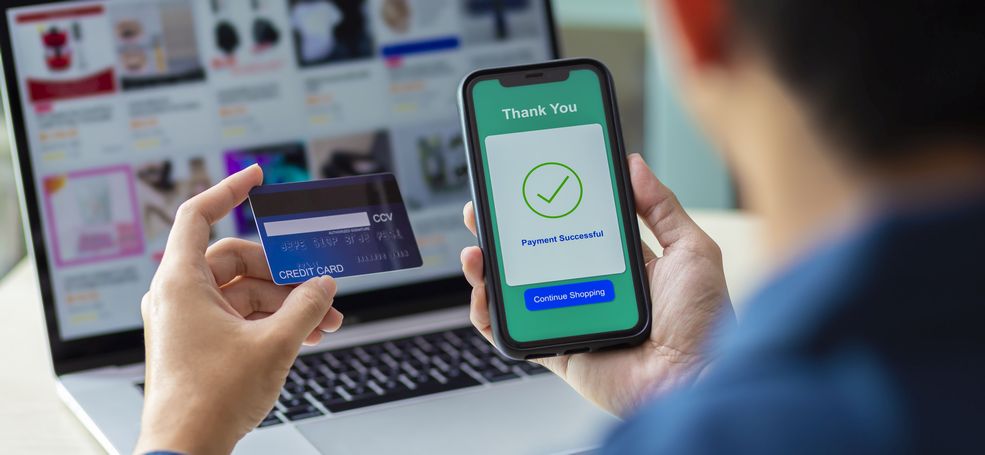Amidst the constantly evolving digital realm, personalization has become an essential factor in creating a successful marketing strategy. By tailoring content and messaging to individual customers, businesses can increase engagement, build loyalty, and drive conversion rates. Personalization involves gathering data on customers and using that data to create a customized experience that resonates with each individual.
Here are some tips for implementing personalization into your digital marketing strategy:
- Gather data: The first step in implementing personalization is to gather data on your customers. This can include website analytics, social media interactions, and purchase history. With this data, businesses can gain insights into their customers’ behaviors and preferences, and use this information to create personalized marketing messages.
- Use segmentation: Segmentation involves dividing customers into smaller groups based on their demographics, behaviors, and interests. Segmenting your customers creates a more targeted marketing messages that resonate with each group.
- Customize email campaigns: One effective way to implement personalization is by creating customized email campaigns. By including personalized content, product recommendations, and exclusive offers, businesses can send email content that resonate with each individual customer. This can lead to higher engagement rates and increased conversions.
- Personalize website experiences: Website personalization can include customized landing pages, product recommendations, and messaging that is tailored to the customer’s preferences and behavior. This way, businesses can improve engagement and build trust with their customers.
- Implement dynamic content: Dynamic content involves changing the content of a website or email based on the individual customer’s preferences and behavior. Utilizing dynamic content creates a more personalized experience that often resonates with each customer.
- Leverage social media: Social media platforms offer a wealth of data that businesses can use to create personalized advertising campaigns. Targeting specific audiences based on their interests, behaviors, and demographics, result in relevant and engaging ads that resonate with their customers.
- Provide personalized customer service: Businesses can offer personalized customer service experiences by utilizing data and technology to tailor support channels and responses according to each individual’s specific requirements. Chatbots, CRM systems are readily available to provide personalized customer service experiences.
Personalization can make or break your digital marketing strategy. With a tailored approach to email marketing, website personalization, social media advertising, product recommendations, and customer service, you can create a memorable and engaging brand experience that truly resonates with your audience. Don’t settle for generic content; personalize and stand out in the crowded digital space!
Need to implement personalization into your marketing strategy but don’t know where to start? We’re ready to help, contact us today!
This article was first published at Rightjob Solutions, under the title: 7 Tips for Personalizing Your Digital Marketing Strategy







